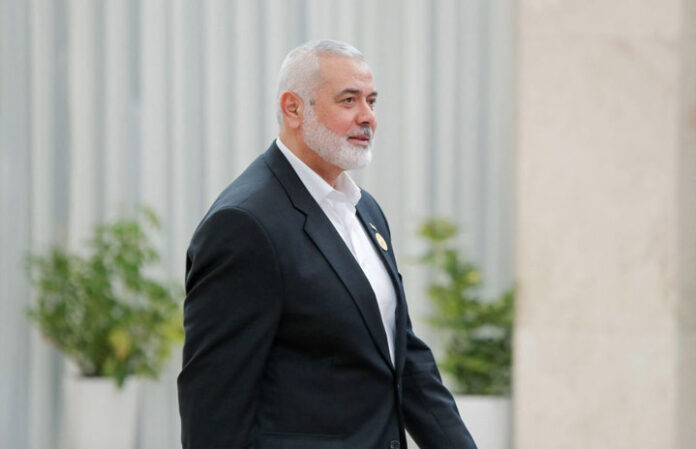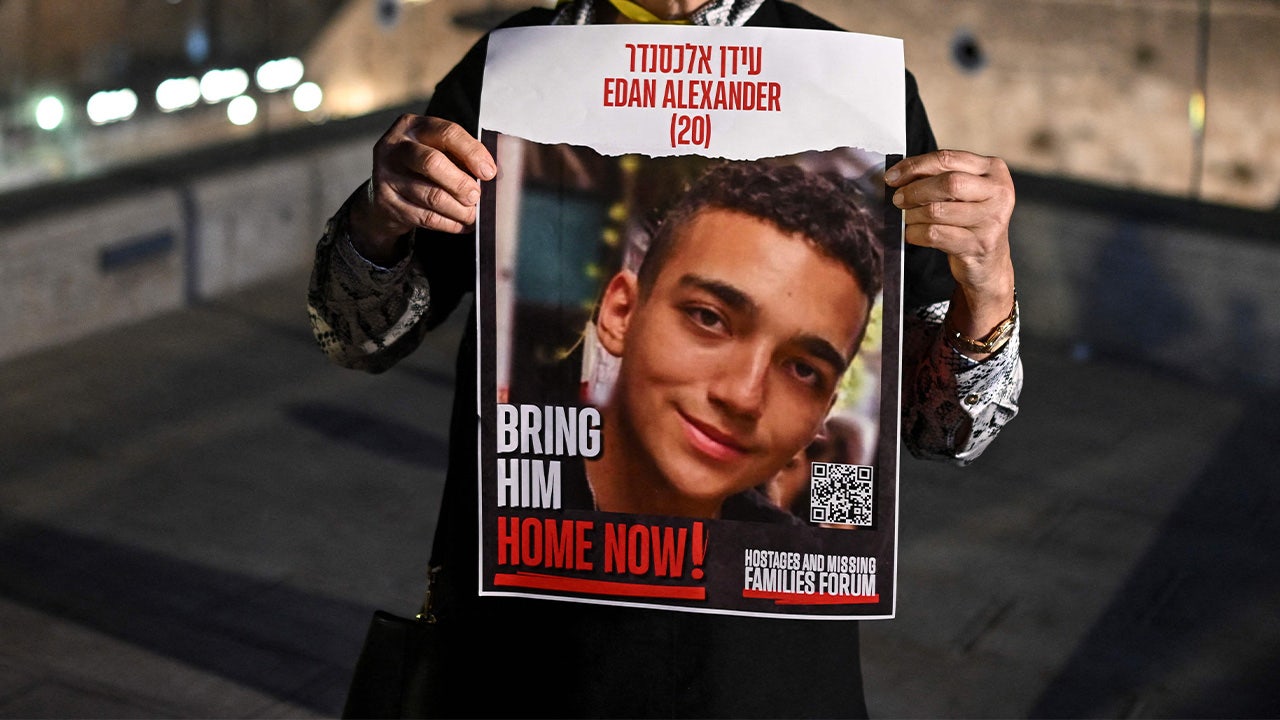Hamas leader Ismail Haniyeh was assassinated early Wednesday morning in Iran, according to both the Palestinian militant group and Tehran. This incident has led to threats of retaliation against Israel, heightening tensions in a region already destabilized by the ongoing war in Gaza and escalating conflict in Lebanon.
Iran’s Revolutionary Guards confirmed Haniyeh’s death, which occurred just hours after he attended the swearing-in ceremony of Iran’s new president. The Guards announced that an investigation into the assassination was underway. Typically based in Qatar, Haniyeh had become the international face of Hamas diplomacy during the conflict sparked by the Hamas-led attack on Israel on October 7.
Hamas’ armed wing issued a statement warning that Haniyeh’s killing would “take the battle to new dimensions and have major repercussions.” Iran also vowed to retaliate, with Supreme Leader Ali Khamenei stating that Israel had laid the groundwork for “harsh punishment for itself.” Khamenei emphasized that it was Tehran’s duty to avenge the death of the Hamas leader, especially as the incident occurred in the Iranian capital. Earlier in the Gaza conflict, Iranian forces had already launched strikes directly against Israel.
Israel has not commented on the assassination or claimed responsibility for it. The Israeli military stated it was assessing the situation but had not issued any new security advisories for civilians. Israeli Prime Minister Benjamin Netanyahu was expected to convene with security officials for consultations at 4 p.m. local time (1300 GMT).
U.S. Defense Secretary Lloyd Austin commented on the situation, indicating that the United States would work to reduce tensions but also pledging support for Israel if it were attacked. “I don’t think war is inevitable. I maintain that. I think there’s always room and opportunities for diplomacy,” Austin said during a visit to the Philippines.
The assassination occurred less than a day after Israel claimed to have killed Hezbollah commander Fuad Shukr, who was allegedly responsible for a deadly strike in the Israeli-occupied Golan Heights. This development seems to further diminish the prospects for a ceasefire agreement in the nearly ten-month-long Gaza war. Sami Abu Zuhri, a senior Hamas official, condemned the assassination as a grave escalation aimed at breaking Hamas’ resolve. He stated that Hamas would continue its current path, expressing confidence in eventual victory.
Qatar, which has been mediating talks to end the Gaza conflict, denounced Haniyeh’s killing as a dangerous escalation. The assassination was also condemned by China, Russia, and Turkey. Iran’s top security body convened to determine the country’s response strategy, given Haniyeh’s close ties with Tehran.
Palestinian President Mahmoud Abbas condemned the assassination, and Palestinian factions in the Israeli-occupied West Bank called for a strike and mass demonstrations in response.
Haniyeh had been appointed to Hamas’s top leadership position in 2017 and had operated primarily from Turkey and Qatar’s capital, Doha. This arrangement allowed him to bypass travel restrictions imposed on Gaza and participate in international negotiations, including those with Hamas’ ally, Iran. His death follows the killing of his deputy, Saleh Al-Arouri, by Israel in January, leaving Yehya Al-Sinwar, the Hamas leader in Gaza, and Zaher Jabarin, the group’s head in the West Bank, as key figures, albeit in hiding.
The war began on October 7 when Hamas-led fighters breached the security barriers surrounding Gaza and launched a devastating attack on nearby Israeli communities, resulting in the deaths of 1,200 people and the abduction of approximately 250 hostages, according to Israeli figures. In response, Israel launched a comprehensive ground and air offensive in Gaza, which Gaza health officials report has killed over 39,400 people and left more than 2 million facing a severe humanitarian crisis.





